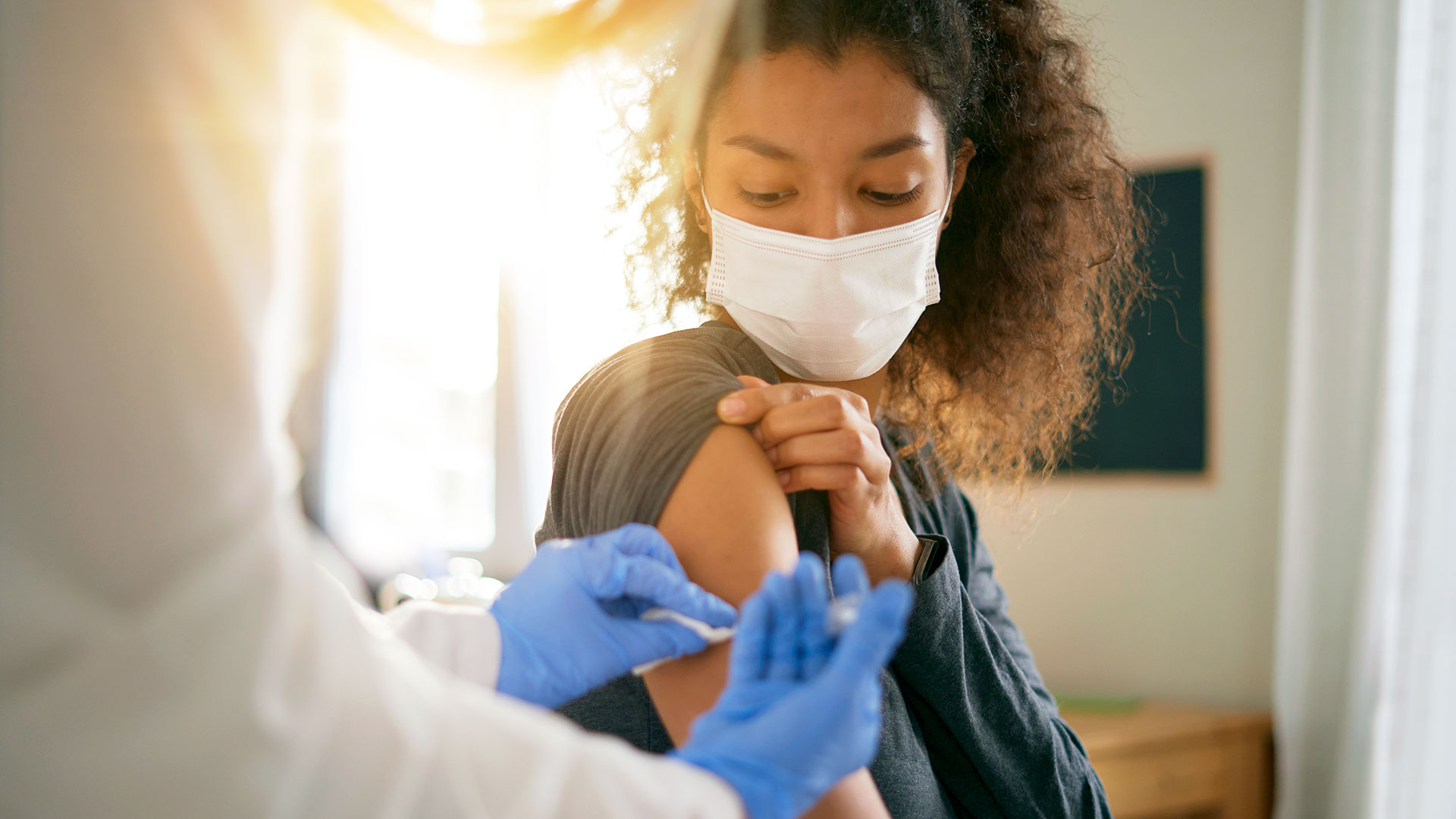
On November 5, 2021, the Department of Labor’s Occupational Safety and Health Administration (“OSHA”) issued long-awaited COVID-19 vaccine guidance for private employers with 100 or more employees in response to President Biden’s “Path out of the Pandemic” action plan announced in September.
The guidance was issued via an Emergency Temporary Standard (“ETS”) requiring employers to develop, implement, and enforce a mandatory vaccination policy or an alternative policy requiring COVID-19 testing and face coverings for unvaccinated employees.
On January 25, OSHA announced it is withdrawing the ETS as an enforceable temporary standard. However, OSHA is not withdrawing the ETS as a proposed rule and is instead focused on finalizing a permanent COVID-19 healthcare standard. OSHA also strongly encourages COVID-19 vaccination of employees in the workplace.
Here’s our guidance on the most asked questions about COVID-19 vaccine mandates:
Alight Verify solves your vaccination verification concerns
Our secure digital solution that allows employers to manage vaccine requirements and leverage data in driving business continuity decisions, click here.
- How did the Supreme Court rule on the requirement that large private employers enforce a vaccine mandate?
The Supreme Court stopped OSHA from enforcing a requirement that employees at large businesses be vaccinated against COVID-19 or undergo weekly testing and wear a mask on the job. While the Court’s ruling provides employers relief from the OSHA ETS, many companies still must comply with evolving state and local vaccine mandates related to COVID-19.
- How does the Supreme Court ruling affect vaccine requirements for healthcare workers and federal contractors?
The Court allowed the Centers for Medicare and Medicaid Services (“CMS”) to proceed with a vaccine mandate for most U.S. health care workers. Healthcare facilities that receive Medicare or Medicaid reimbursements must immediately comply with the rule by soliciting and tracking employee vaccination status.Vaccine requirements for federal contractors continue to develop. On December 7, 2021 a federal district court in the Southern District of Georgia issued a nationwide injunction on the executive order requiring employees of federal contractors and subcontractors to be fully vaccinated by January 4, 2022. Other court cases are pending.
- Can I still require my employees to be vaccinated or be tested and wear masks?
Employers can make their own policies as long as they are compliant with applicable laws. As the vaccination landscape continues to evolve at the federal, state, and local level, employers will want to consider the best way to maintain business continuity, including the health and safety of workers and customers.
- How should I handle the vaccination status of employees that generally work from home, but may come to a workplace and/or visit a client site occasionally?
Employers enforcing a vaccine policy – either by mandate or by choice – should consider tracking the vaccination status of all employees, including those that normally work from home (“WFH”) but report to a workplace intermittently. This allows employers to better manage COVID-related policies and procedures for their own workplaces as well as any requirements of their customers. For example, unvaccinated WFH employees may need to provide documentation of a negative COVID test taken no more than 7 days prior to coming into the workplace or visiting a customer’s site.
- How is COVID-19 testing impacted by the recent court rulings?
For employers subject to the federal contractor and CMS regulations, weekly COVID-19 testing may be a reasonable accommodation for employees with an approved medical or religious exemption to COVID-19 vaccination. Otherwise, employers have flexibility to determine other reasonable accommodation.Private employers not subject to the federal contractor or CMS healthcare worker requirements may establish their own COVID-19 testing policy. Private employers requiring testing may follow the ETS guidance. The ETS permits the use of rapid tests if observed by the employer or a telehealth proctor. If an independent proctor observes the process, they should provide documentation that includes the following:
- Data identifying the worker (i.e. full name plus at least one other identifier such as birth date)
- Specimen collection date
- Type of test
- Entity issuing the test result (i.e., laboratory, healthcare entity)
- Test result
- Are employers required to pay for over the counter COVID-19 tests?
On January 10, 2022, the Departments of Labor, Treasury, and Health and Human Services issued Affordable Care Act Implementation FAQs, Part 51. Group health plans and health insurance issuers are required to cover over the counter COVID-19 tests without an order or clinical assessment under the Families First Coronavirus Response Act (FFCRA) effective January 15, 2022.
For more guidance on the COVID vaccine mandate and to learn about Alight Verify
Our secure digital solution that allows employers to manage vaccine requirements and leverage data in driving business continuity decisions, please reach out to your Alight contact or click here.


